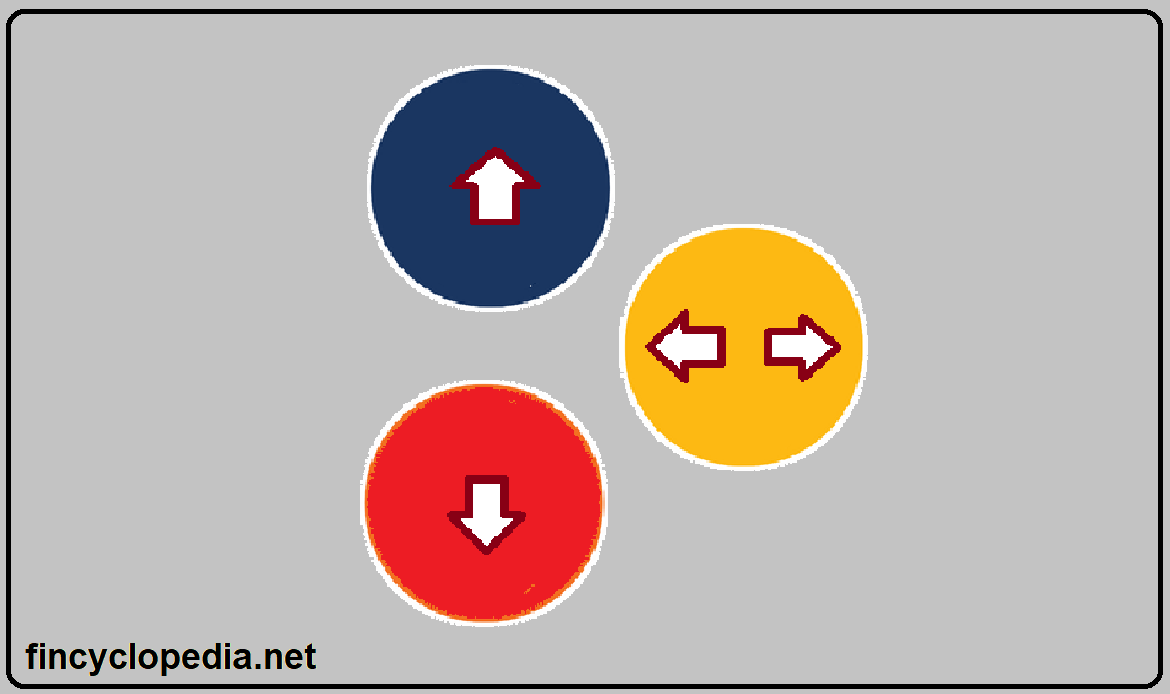
Derivative financial instruments: concept
A derivative financial instrument is a type of financial instrument that has financial securities (such as stocks, bonds, and contracts) as underlying. Per se, the derivative financial instrument is a more complex financial instrument that takes the form of contracts whose performance yet depends on that of certain underlying assets or arrangements/ mechanisms such as options, swaps and investments in convertible debt.
A derivative is principally a notional construct that will generally have no value attached to it when it is purchased or held (i.e. when a party enters into the contract). This is because the contract will derive its value from an underlying asset- that is, its performance in the market or as to the relationship between the two parties involved. One of the most basic forms of derivative is a forward foreign currency contract (FX forward), in essence a forward contract, that involves the trading of a certain pair of currency transacted now and will take place in the future.
If an entity enters into a forward foreign currency contract, say, one month before its year-end to sell foreign currency one month after its year-end, then on the date the contract is concluded, the contract will usually have a fair value of zero. Over the next two months, foreign exchange rates are likely to change give rise to a value for the forward foreign currency contract and it is this value that will have to be reflected on the balance sheet with changes in that value from one accounting period to the next being routed through income statement/ profit or loss.
Role and function
Derivative financial instruments create rights and obligations that have the effect of transferring certain risks between the parties to the instrument. These risks might be one or more of the financial risks inherent in an underlying primary financial instrument. The performance of the primary instrument does not derive from value changes/ price movement of another instrument or an underlying asset. Per se, a principal (also, a non-derivative instrument) derives its value and performance solely from its own initial net investment and any corresponding elements (such as assets financed by such an instrument, or liabilities arising therefrom, etc.) Primary instruments represent standard financial investments, trading on major exchanges with high volumes on either side (high liquidity).
On inception, derivative financial instruments give one party a contractual right to exchange financial assets or financial liabilities with another party under potentially favorable conditions, or a contractual obligation to exchange financial assets or financial liabilities with another party under conditions that are potentially unfavorable. However, these instruments do not entail a transfer of the underlying primary financial instrument on inception of the contract, nor does such a transfer necessarily take place on maturity of the contract.
Certain types of these instruments are embedded with both a right and an obligation to make an exchange. Because the terms of the exchange are determined on inception of the derivative instrument, as prices fluctuate in the market, those terms may turn out to be either favorable or unfavorable.







